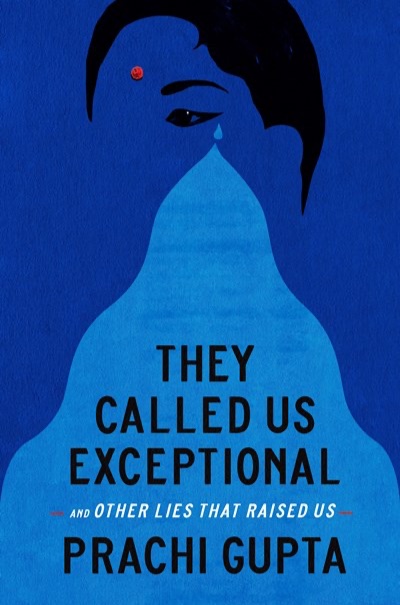
An Indian American daughter reveals how the dangerous model minority myth fractured her family in this “searingly honest memoir that manages to be at once a scalding indictment and a heartfelt love letter” (Scott Stossel, author of My Age of Anxiety).
ONE OF THE BEST BOOKS OF THE SEASON: The New York Times, The Washington Post, The Boston Globe, Bustle
“In examining with boundless love the secrets and sorrows of one family, Gupta shows us the life-altering power of telling one’s truth.”—Megha Majumdar, author of A Burning
How do we understand ourselves when the story about who we are supposed to be is stronger than our sense of self? What do we stand to gain—and lose—by taking control of our narrative? These questions propel Prachi Gupta’s heartfelt memoir and can feel particularly fraught for immigrants and their children who live under immense pressure to belong in America.
Prachi Gupta’s family embodied the American Dream: a doctor father and a nurturing mother who raised two high-achieving children with one foot in the Indian American community, the other in Pennsylvania’s white suburbia. But their belonging was predicated on a powerful myth: that Asian Americans have perfected the alchemy of middle-class life, raising tight-knit, ambitious families that are immune to hardship. Molding oneself to fit this perfect image often comes at a steep but hidden cost. In They Called Us Exceptional, Gupta articulates the dissonance, shame, and isolation of being upheld as an American success story while privately navigating traumas invisible to the outside world.
Gupta addresses her mother throughout the book, weaving a deeply vulnerable personal narrative with history, postcolonial theory, and research on mental health, to show how she slowly made sense of her reality and freed herself emotionally and physically from the pervasive, reductive myth that had once defined her. But, tragically, the act that liberated Gupta was also the act that distanced her from those she loved most. By charting her family’s slow unraveling and her determination to break the cycle, Gupta shows how traditional notions of success keep us disconnected from ourselves and one another—and passionately argues why we must orient ourselves toward compassion over belonging.

